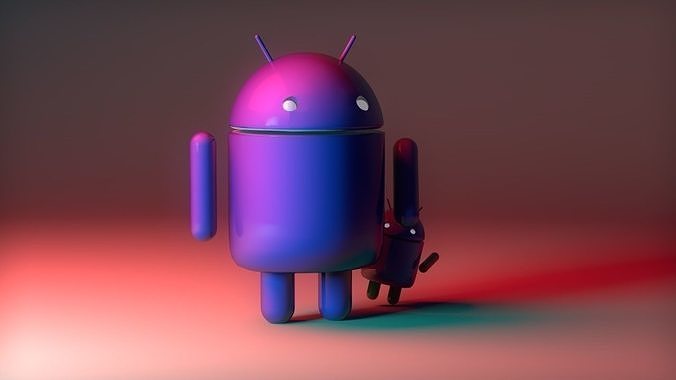In 2005, a bold move by Google to purchase a struggling startup for $50 million was dismissed by critics as “the dumbest acquisition ever.” The startup? Android Inc. The vision? A free, open-source mobile operating system that no one was asking for—yet.
Today, that so-called “dumb decision” is worth over $500 billion and underpins the world’s most widely used mobile operating system: Android. It’s the reason why billions of people worldwide own affordable, high-quality smartphones that aren’t iPhones.
The Beginning of a Tech Revolution
Android Inc., founded by Andy Rubin and three other tech entrepreneurs, had no revenue, no products, and barely any runway. But they had a dream—to build smart mobile devices that understood user preferences and locations, powered by a free, flexible OS.
At the time, the mobile space was tightly guarded. Nokia had its own software. Microsoft sold Windows Mobile. BlackBerry ran everything in-house. The idea of giving away a mobile OS seemed absurd.
But Google saw the future before the rest of the world caught on. Just like their strategic move to acquire YouTube, Google recognized that mobile phones would soon become the primary access point to the internet. And if that future was dominated by Microsoft or Nokia, Google Search—and digital advertising—could be blocked or sidelined.
Google wasn’t just buying software; they were securing the future of their business.
Android’s Open-Source Strategy: The Masterstroke
Unlike its rivals, Google didn’t keep Android proprietary. It went fully open-source, allowing any manufacturer to use and modify the software for free.
That single move changed the game. Manufacturers like Samsung, HTC, LG, and Huawei could now enter the smartphone race without building an OS from scratch. It sparked an explosion of innovation and gave users across the globe more choices than ever before.
The first Android phone, the HTC Dream (T-Mobile G1), launched in 2008. It wasn’t perfect—but it marked the dawn of a new era.
Within a decade, former industry titans like BlackBerry, Nokia, and even Microsoft’s mobile division faded into obscurity, victims of the Android wave.
The True Genius: A Free Platform, A Priceless Ecosystem
Google never intended to make money directly from Android. Instead, Android became the backbone of a powerful ecosystem that generates billions through:
-
Google Play Store fees
-
Digital advertising
-
Google Search integration
-
User data-driven services
Today, Android powers over 71% of smartphones globally, representing billions of users in Google’s digital orbit.
The Bigger Lesson
Google’s investment in Android wasn’t just about mobile—it was about long-term vision. It was about betting on the future of connectivity, digital lifestyle, and data-driven economies.
And in doing so, they taught the world one powerful business lesson:
“The best investments aren’t about what something is today, but what it could become tomorrow. Sometimes, giving away value is the best way to capture it.”
That $50 million “blunder” became the masterstroke that reshaped the global tech landscape—and put Android in the hands of billions.
#TechStories #Android #GooglePlay #Innovation #StartupLessons
Written by Ifeanyi Christopher



